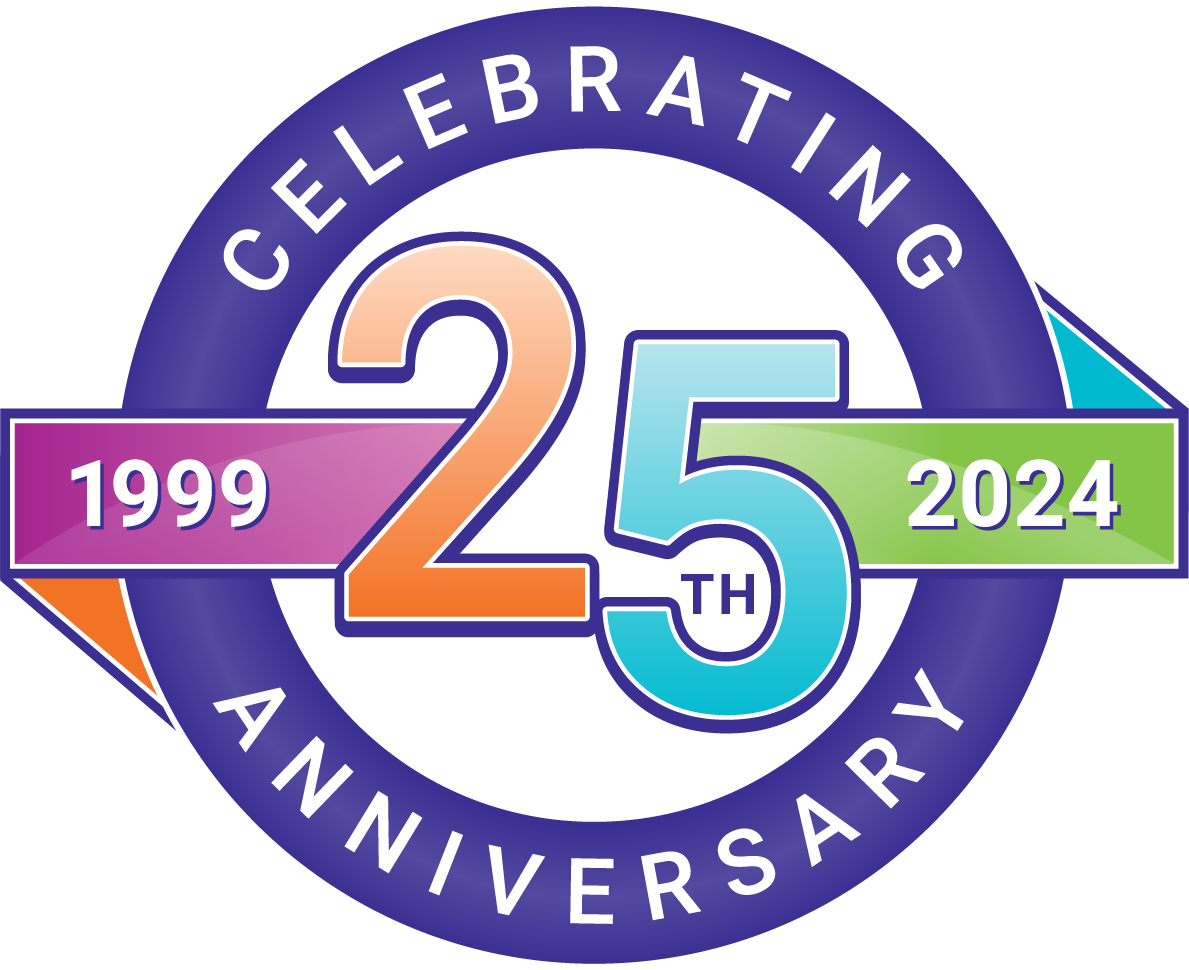Finding Sources
Now that you have a list of source types to possibly use, let's look at how to find them. There are multiple places to find sources, and locating items in each requires a few special skills.
Finding Sources on Your Library Shelf: Physical
- Online catalog
An online catalog is a tool that identifies and describes the books and other resources available in a library and where to locate them. In short, it is a list of what materials a library offers. Search the catalog by author, title, subject, or keyword to find sources. Each item will have a call number.
Strategies for searching the catalog
- Call numbers and Dewey Decimal
Call numbers are numbers and letters that indicate the location of materials within the library. To find a book, you need the call number. Most school and public libraries use the Dewey Decimal System for organizing materials and assigning call numbers.
Strategies for locating materials in your library
Finding Sources on Your Library Shelf: Virtual
- eBooks
eBooks may be found in your library's collection, on the Internet, or in databases such as Gale eBooks. Typically, you can access a library's collection of electronic books through its online catalog or website. Check with a librarian. - Databases
Libraries give you access to databases full of quality information from magazines, newspapers, and eBooks. Oregon students have free access to many databases. Locate them on the Find Information page in OSLIS. Ask your teacher or librarian for the login. Knowing how to use databases will save you time and ensure you quickly find the best information.
Strategies for searching databases
Finding Sources on the Internet
- The Internet allows you to access websites that offer a variety of information. Sometimes using a search engine like Google will give you way too many results. If you know how to search effectively, you can get to just what you need.
Strategies for searching the Internet
Finding Sources in Museums and Archives
- Use a search engine to find a museum or archive that is relevant to your topic. If a museum is local, visit in person to see artifacts, primary documents, and more. Many museums and archives have websites that allow you to explore them virtually.
Finding an Expert
- For tips on locating an expert, review the information on the interview page in the Plan My Sources section of OSLIS.
Next => Once you have found your sources, it is time for the second part of the Choose My Sources step: evaluate them to make sure they are just what you need.
| Educator Content |
|
Do you want to share this page with students, but you don't want students to see the Educator Content section? Share this link instead of the URL at the top of the page: Companies that create databases also create tutorials and tip sheets or guides. Look for these in the help section of the database.
|

